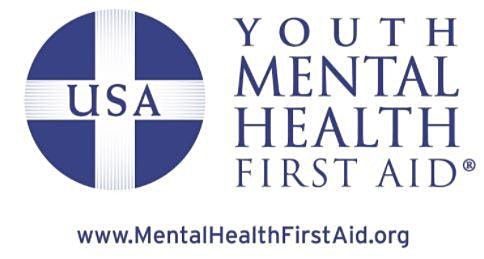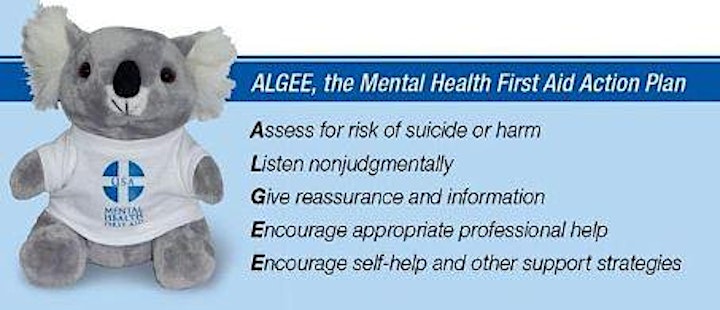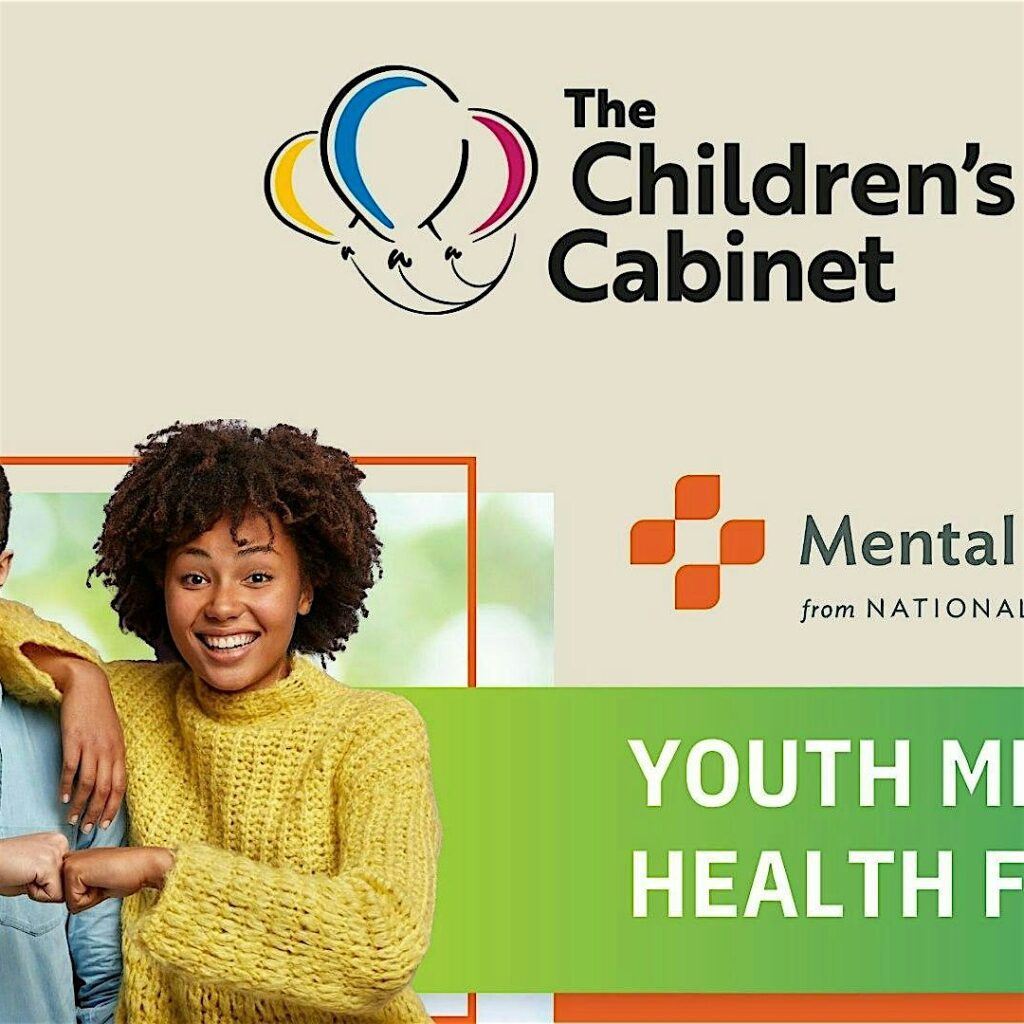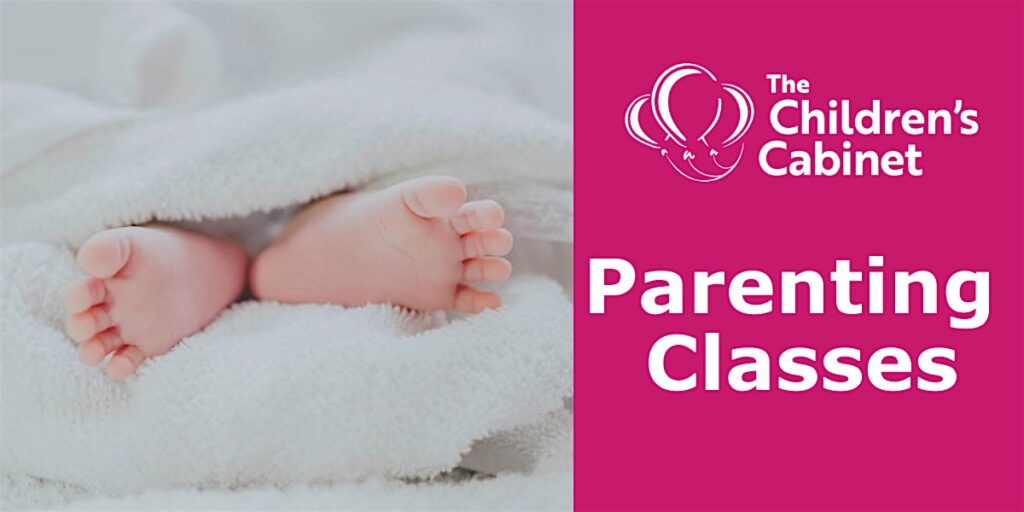
- This event has passed.
Youth Mental Health First Aid Training Friday April 22- Reno, NV
April 22, 2022 @ 9:00 am - 3:00 pm
Free
Presented by the Children’s Cabinet and the National Council for Behavioral Health
Join us on Friday April 22nd 9:00am to 3:00pm for Youth Mental Health First Aid. This training will take place at the Children’s Cabinet at 1090 South Rock Blvd. This training is provided at no cost but spaces are limited, so please do not sign up unless you intend to participate.
COURSE INFORMATION (PLEASE READ PRIOR TO SIGNING UP)
• Participants must complete a 2 hour self-paced module PRIOR to attending the Instructor Led Session. Details on this will be emailed to participants after registration. Those who do not complete the prerequisite work will not be eligible to receive the Certificate of Completion.
• Class size is limited and will be filled on a first come, first served basis. If the class you wish to attend is full, please contact me for alternate dates. Additionally, this training is intended for residents who live in or near Washoe County, Nevada. If this does not apply to you please contact instructor prior to signing up.
• Please be aware the YMHFA training will cover various topics of a sensitive nature, including depression/anxiety, substance use, psychosis, or other topics that may potentially be distressing for some. However, YMHFA program emphasizes recovery and resiliency and aims to teach participants how to provide assistance for youth experiencing a mental health challenge.
Please contact Taylor Morgan at tmorgan@childrenscabinet.org for any questions.
About YMHFA:
Youth Mental Health First Aid is designed to teach parents, family members, caregivers, teachers, school staff, peers, neighbors, health and human services workers, and other caring citizens how to help an adolescent (age 12-18) who is experiencing a mental health or addictions challenge or is in crisis. Youth Mental Health First Aid is primarily designed for adults who regularly interact with young people.
The course introduces common mental health challenges for youth, reviews typical adolescent development, and teaches ALGEE, a 5-step action plan for how to help young people in both crisis and non-crisis situations. Topics covered include anxiety, depression, substance use, disorders in which psychosis may occur, disruptive behavior disorders (including AD/HD), and eating disorders.







